Friday, December 7, 2018, representative of the Shia Muslim Supreme Religious Authority, sheikh Abdul-Mehdi AlKarbala’ey delivered Friday’s sermon at the Imam Hussain Shrine in which he talked about political and tribal violence.
AlKarbala’ey said, "What we mean by Political Violence is the use of illegal means to achieve political goals, such as eliminating rivals, terrifying them, accusing them of issues without evidence, destroying their reputations, and treating them roughly."
He added, “To use politics as a means to serve the country, politicians must refrain from using illegal means to cause harm to one another, for politics can’t be established to run the country properly in this way.”
AlKarbala’ey mentioned tribal violence, which is now immensely threatening the psychological, societal, living, and economic stability, saying, “Some tribes resort to violence and causing harm to others, or making a decision that is unrelated to the divine law, the principles of being part of the same country, and the ethical principles of genuine tribes.”
He indicated that, nowadays, individuals’ discord turns into an issue affecting more than a tribe and leading to killing tens of citizens.
“One of the violent means tribes are using is displacing people after a problem occurs—this isn’t related to the Islamic law, religious law, traditional law, or ethical law—and consequently some people have been displaced for 7 and 10 years,” AlKarbala’ey mentioned further.
He then addressed the Iraqi tribes, saying, “We are renewing our previous call on the Iraqi tribes causing harm to the parties, with whom they are in disputes, to end exercising violence, for violence is heinous crime, unrelated to patriotism or ethics—and above all, it is against God.”
AlKarbala’ey concluded, “Fear God, fear God regarding people’s blood; honor; properties; and legal rights, and never assault people illegally.”
Editing: Wela’ EsSeffar
Translation: Mohammed AlObaidi



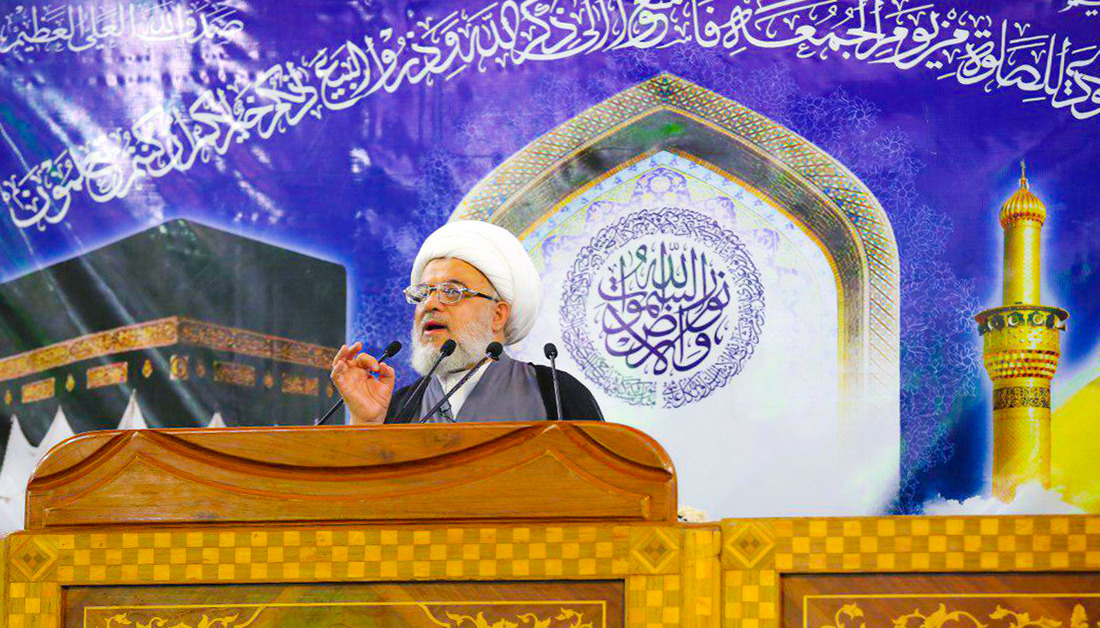
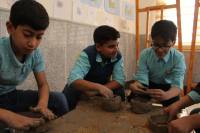

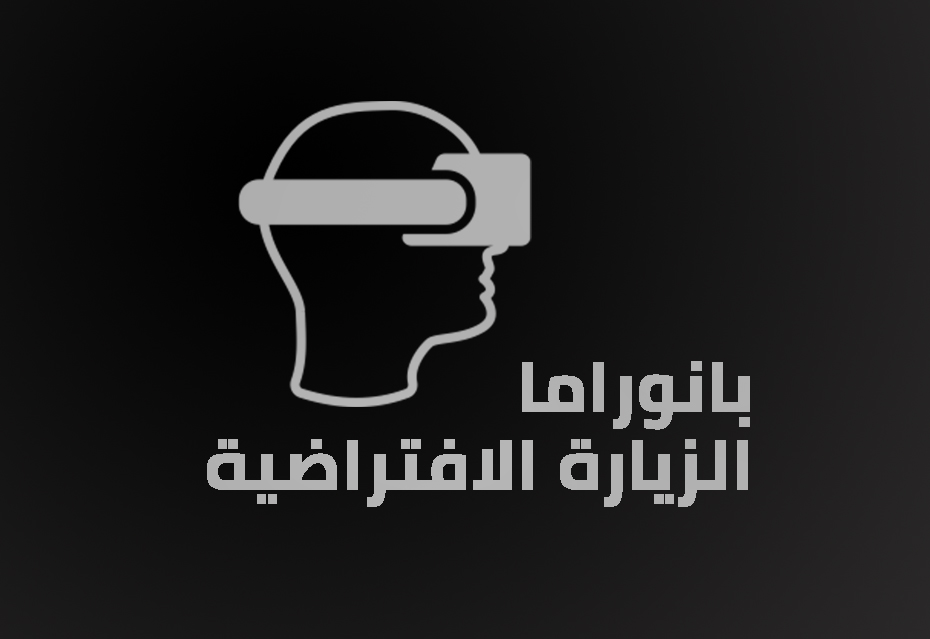
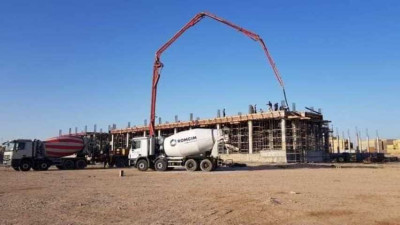
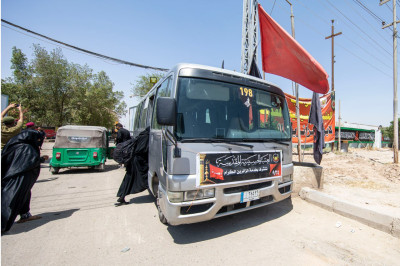
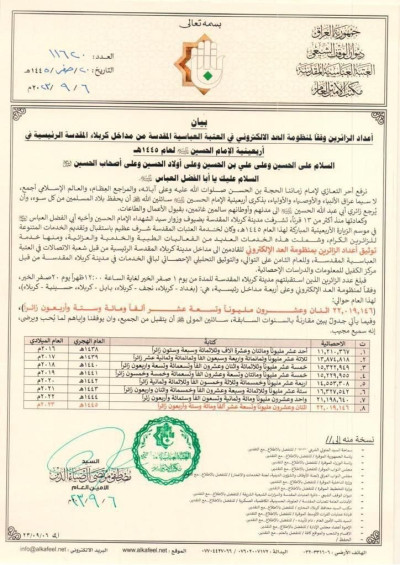
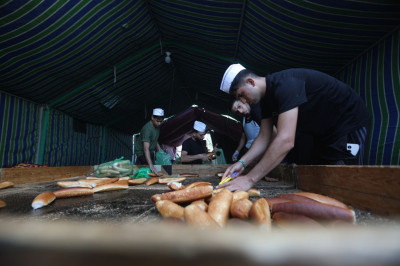

اترك تعليق